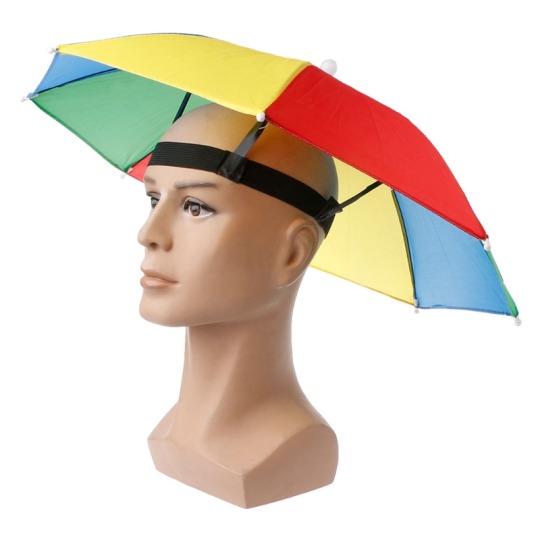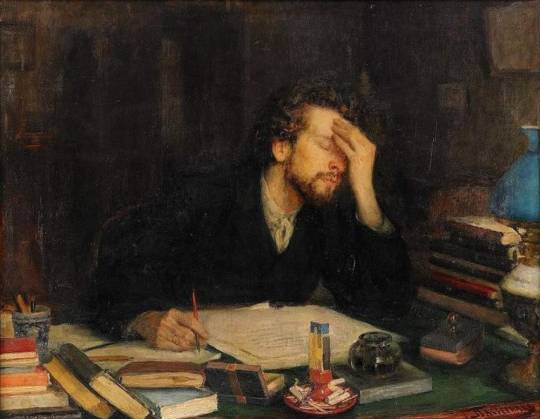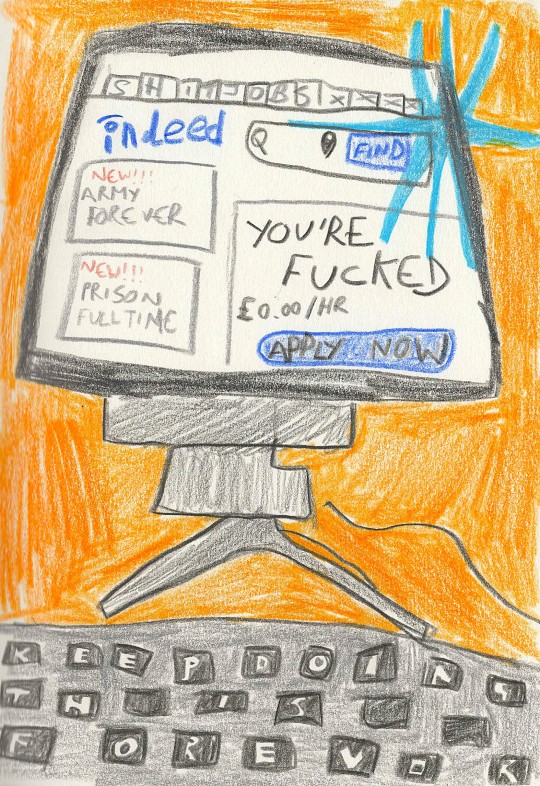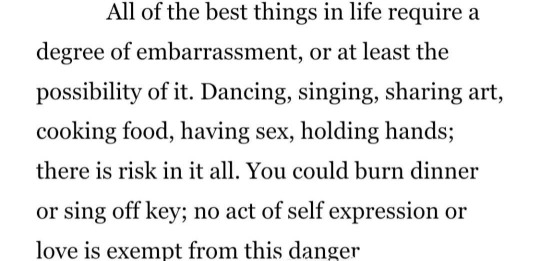She - late 20s - On AO3 and Pillowfort. Any recommendations are appreciated.
Don't wanna be here? Send us removal request.
Text
suggestions for gender neutral version of mom/dad? something less formal than just ‘parent’
114K notes
·
View notes
Text

🗣️‼️GIRLS JUST WANNA HAVE FUN…ding for scientific research… 🧪 🧬🔬🥼🧫 💕
562 notes
·
View notes
Text
All this discourse over who does "painting with light"
Hiroshi Nagai's paintings need sunglasses to look at.

They look like how it feels to walk across a parking lot on a 98° summer day without a speck of shade in sight.

They look like heaven but also like you'd burn your bare feet on the ground.

Even when you can see shade you know it's not enough and the minute you step out you'll be burnt to a crisp like a vampire.

And it's BEAUTIFUL
61K notes
·
View notes
Text
Here's a fun story of malicious compliance to brighten your day:
Until recently, a few people in my office had these desk shades to combat the obnoxious fluorescent lights, which is very helpful for people (like me) with migraines or other light-sensitivity issues.

A few days ago, everyone who has them was told to take them down. Different people were given different reasons - It violates fire code (it doesn't) / It blocks line of sight (sort of?). Since this goes against the existing status quo, the union reps (my beloved) jumped on it. Someone jokingly suggested using umbrella hats instead, since hats are allowed in the dress code. Today, the union reps are passing out these ridiculous things in protest:

If the rules are absurd, the resistance should match.
79K notes
·
View notes
Text
why is shopping for computer shit so difficult like what the hell is 40 cunt thread chip 3000 processor with 32 florps of borps and a z12 yummy biscuits graphics drive 400102XXDRZ like ok um will it run my programmes
37K notes
·
View notes
Text

Leonid Pasternak (Ukrainian, 1862–1945) - The Torments of Creative Work
137K notes
·
View notes
Text
First humans ever to leave the solar system suddenly drop out of communications and the ship can't be found with any equipment. After one month of no contact their home countries start reluctantly holding funerals for the space heroes only for them all to turn up, healthy, well fed and extremely disoriented, in the middle of Tokyo, talking about alien abduction. Turns out that aliens found the poor humans straying out of their solar system, presumably lost, and took them to Alien Wildlife Rehabilitation before dumping them back in the middle of their native habitat.
48K notes
·
View notes
Text










"la venida de cristo" (the cumming of christ)
paintings by fabián chairez (mexico, born 1987) also available as a postcard set
his exhibition in mexico city is currently being targeted by extremist religious groups and christian groups are trying to sue him (X) for his work so i thought i would show all of tumblr
22K notes
·
View notes








